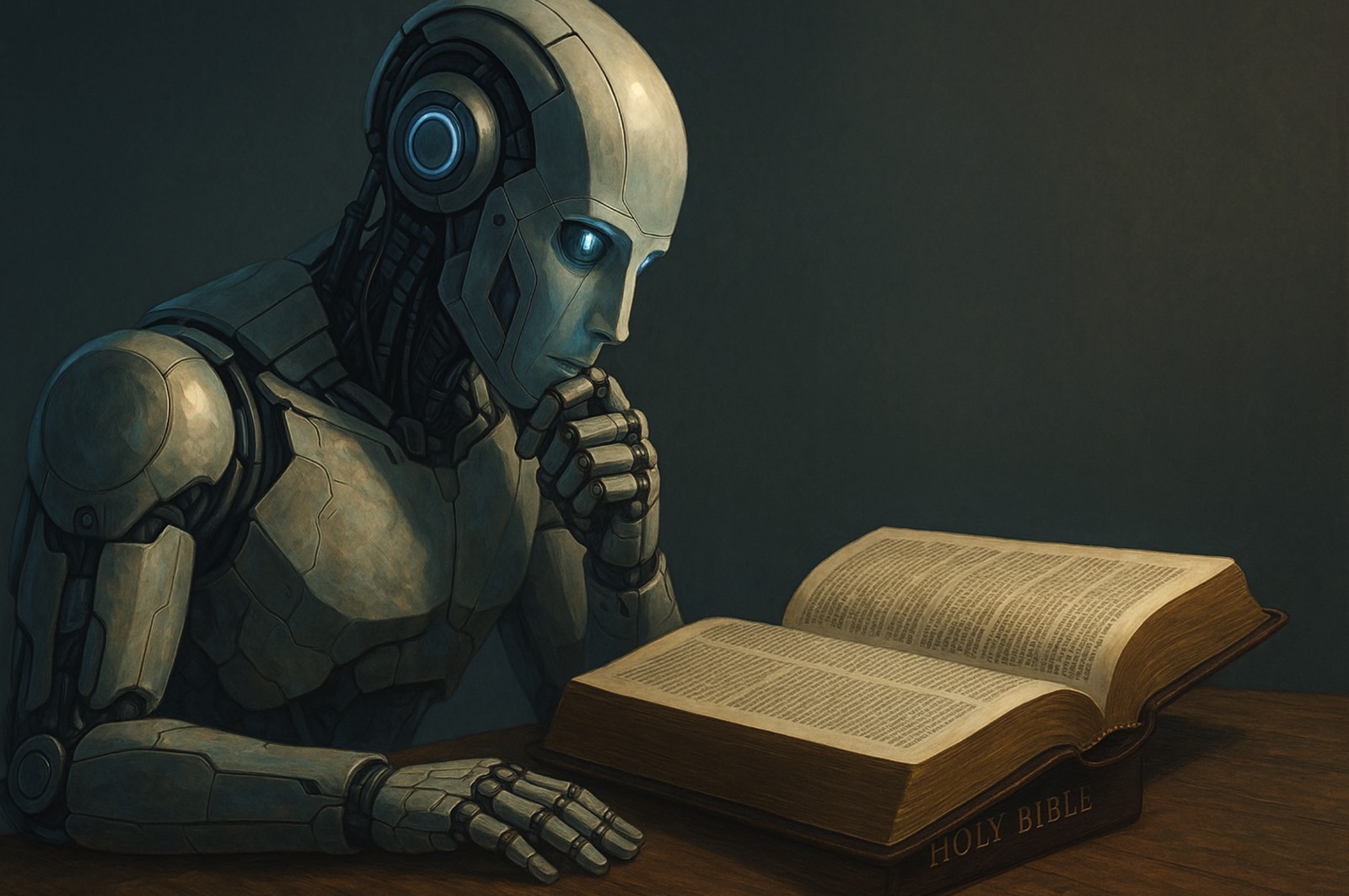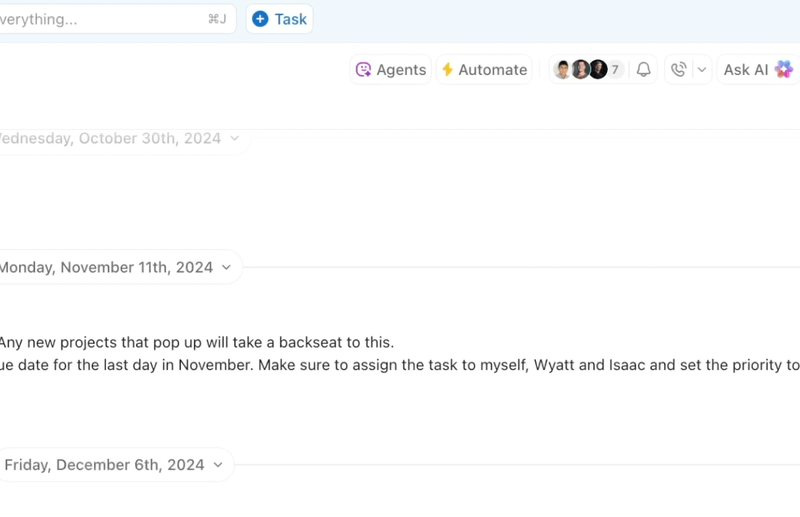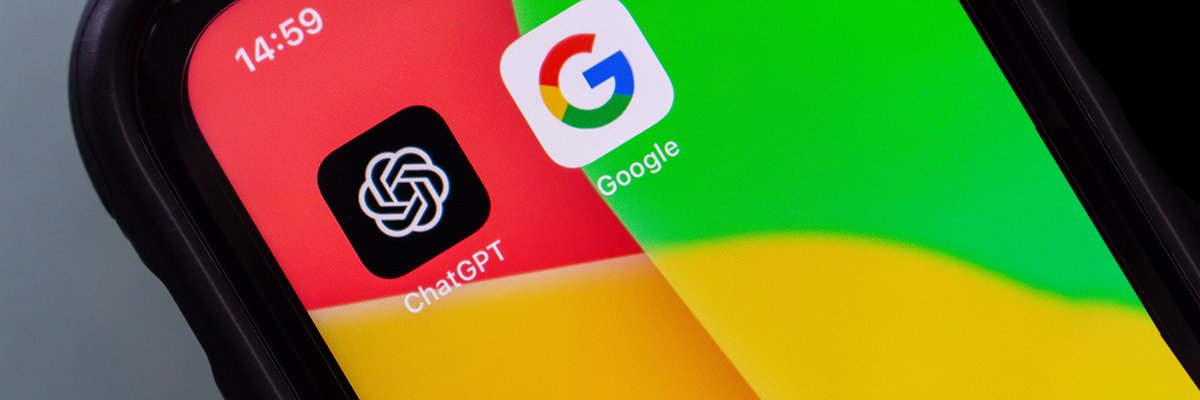If you’ve ever wondered who wrote the Bible, you’ll be glad to know that AI might help unravel that mystery. The Holy Book was written a long time ago and has been transcribed and reedited countless times into the version we have today. So, the Bible doesn’t have a single author, and believers accept it as it is. After all, the word and story of God were passed down to the masses over millennia.
That’s not good enough for scholars, though. They want to determine whether the same group of authors penned the scripture or if multiple parties had a role in shaping the texts.
Researchers from the University of Haifa, Duke University, and the Collège de France developed an algorithm that can distinguish the styles of different books in the Bible. It can determine, with impressive accuracy, whether a section was written by the same author or by someone else.
The research is fascinating because it confirms some theories about the Bible’s authors that existed before AI could weigh in. The technology can also spot chapters that were likely added by different writers along the way.
Even more interesting, the same technology can be applied to other ancient texts to see if they share a common author, whether known or unknown.
What the AI study can’t do is identify the actual individuals who wrote the Bible.
“There are no authors of the Bible in the modern sense,” Thomas Römer told The Times of Israel. “The original versions of the scrolls were continuously reworked and rewritten by redactors who added, altered, and sometimes also omitted parts of the former texts.”
Römer is a biblical expert from the Collège de France and one of the authors of the AI study.
The scientists weren’t trying to uncover the Bible’s original authors—an impossible task. Instead, they aimed to test theories about whether specific chapters were written by particular schools or writers.
The study focused on three writing schools found in the Bible’s first five books: Deuteronomy, Deuteronomist History, and Priestly Writings.
Deuteronomy, written as far back as 2,800 years ago, tells the story of God choosing Jerusalem for the sacrificial cult.
The Deuteronomist History follows Israel’s history from the Book of Joshua through Kings I and II, and it’s inspired by Deuteronomy.
The Priestly Writings include texts in Genesis, Exodus, and Leviticus. These were written around 2,500 years ago and have a different style from the others.
The scientists focused on word distribution and word combinations instead of grammar and style to determine whether a specific chapter or book came from the same author or group of authors.
“We found that each group of authors has a different style, even with simple and common words like ‘no,’ ‘which,’ or ‘king.’ Our method accurately identifies these differences,” Römer said in a statement.
The team created dictionaries of terms specific to each of the three writing schools.
Using those dictionaries, the researchers applied AI to analyze 50 chapters in the first nine books of the Hebrew Bible. Biblical scholars had already attributed these books to one of the three writing schools.
“In 84% of the cases, the automatic attribution coincided with biblical scholarship assessments,” the scientists wrote. The method was more accurate with longer texts. Also, five out of eight misclassifications were between Deuteronomy and Deuteronomist History, which are closely related.
The AI even explained its reasoning for assigning a specific section to a particular group.
The researchers ran another test to check if the algorithm worked as intended. They examined biblical texts with disputed origins. One example is the Ark Narrative in I Samuel and II Samuel. Most scholars believe both books share the same authors, but a minority thinks I Samuel tells a different story.
The AI model supported the minority view, showing that I Samuel and II Samuel have different authorship. They differ in style and vocabulary. I Samuel doesn’t match any of the three schools, while II Samuel aligns with Deuteronomist History.
The study also confirmed that other parts of the Hebrew Bible have distinct identities. Some stories about Abraham and the Book of Esther don’t fit into the three main writing schools, suggesting they were added later.
This research can’t identify individual authors, but it can help resolve authorship questions in both biblical and other ancient texts where the writer’s identity is unclear.
The full study is available in Plos One magazine.








